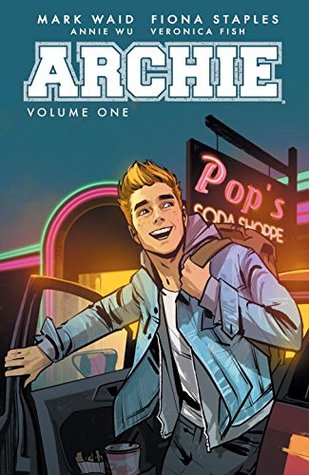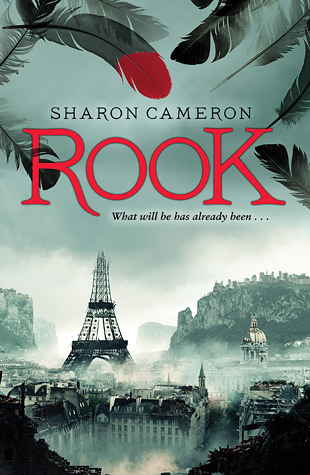- Read a book that is set in the Middle East
- Read a nonfiction book about feminism or dealing with feminist themes
- Read a food memoir
 |
| Little, Brown and Co. |
Malala is a skilled narrator. She's bright, she's hopeful, she's very detailed and she's very intelligent. Although her book is a translation, which is sometimes apparent, I felt like I could read and relate to her feelings. She does a fine job of connecting to her readers, detailing her thoughts and feelings--and making her voice heard. She makes a compelling argument for education, for giving women equal education opportunities. Truthfully, you can see why Malala Yousafzai is a Nobel Prize Laureate.
I also had the opportunity to read a short (and rather famous) essay by Virginia Woolf: A Room of One's Own. As an avid reader and, ahem, English major in college, you would think I'd have taken the opportunity to read A Room of One's Own, but, until this year, I had yet to make more than a cursory acquaintance with Woolf's work. Unfortunately, I wasn't enamored by her essay.
| Harcourt Inc. |
The point is, I finished reading A Room of One's Own and I have a new appreciation for Woolf. She's a talented writer, but, personally, I'm not so sure she's the writer for me. I appreciate her work and I appreciate the significance of her essay, but I don't think she's the one and only feminist writer for me.
Last but not least, I read Julie and Julia by Julie Powell. It's riotously funny, yet strangely poignant. Oddly enough, it reminds me of Jenny Lawson and her memoir, Furiously Happy--yet just a tiny bit less chaotic. Not by much, considering Julie Powell undertakes to make 524 different recipes, many of which take hours to prepare, in just one year in a crappy little apartment in Queens. It's astonishing the things she (and her marriage) manages to survive, including: biological clocks, frozen pipes, disastrous dinner parties, inane dead end secretarial jobs, break downs, Blanche days, and celebrity crushes.
 |
| Hatchette Books |
Julie and Julia is strangely heartwarming and incredibly amusing. To me, it strikes just the right balance that makes it a memoir worth reading, especially if you have the chance to listen to the author tell her own story. It makes it memorable. However, I will note that while I was listening to the audiobook I discovered I borrowed the abridged version. I don't know if the audiobook had the full text, but I do know I missed a few things that might otherwise have filled in details or fleshed out the characters involved. It was my only disappointment in an otherwise wonderful book.


![Once Upon a Winter's Eve (spindle cove) by [Dare, Tessa]](https://images-na.ssl-images-amazon.com/images/I/51vUaR9QdyL.jpg)



















